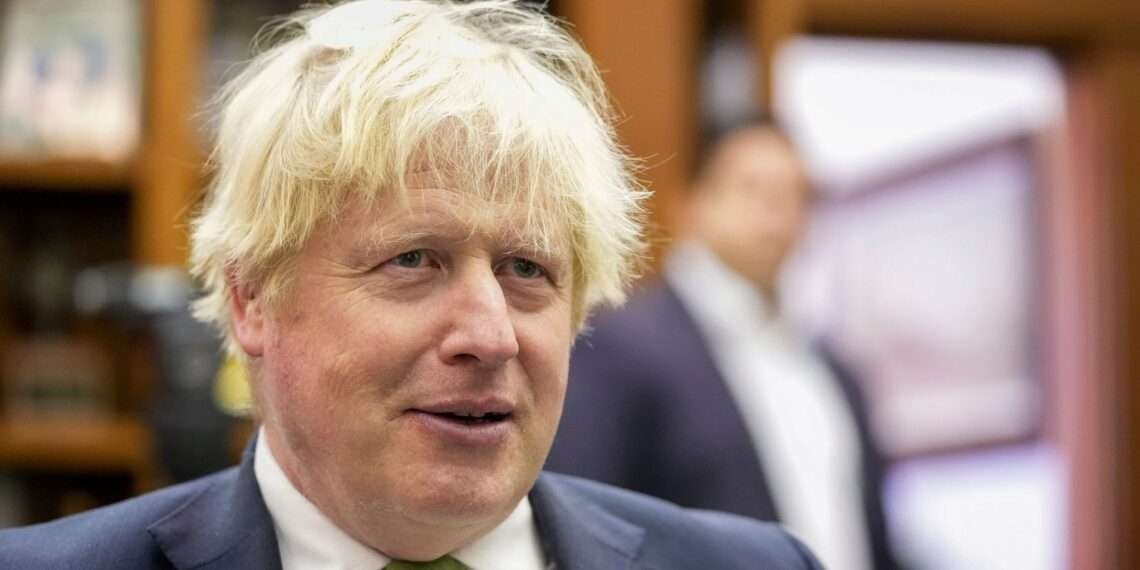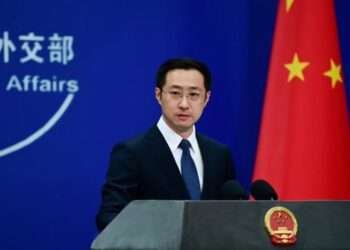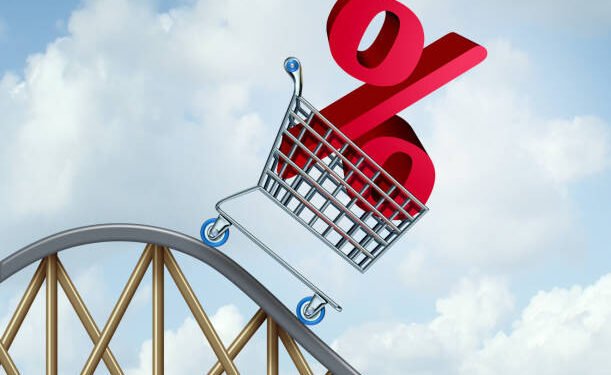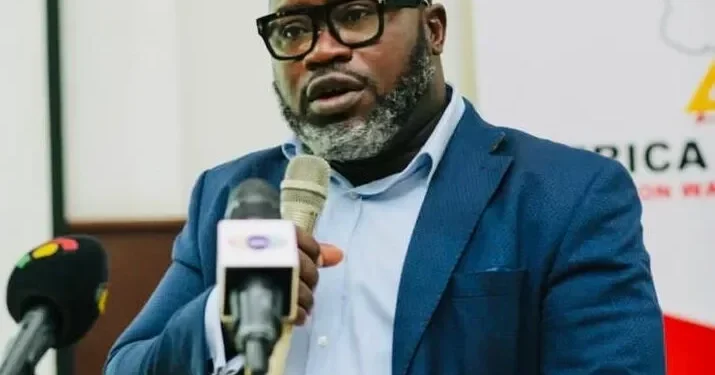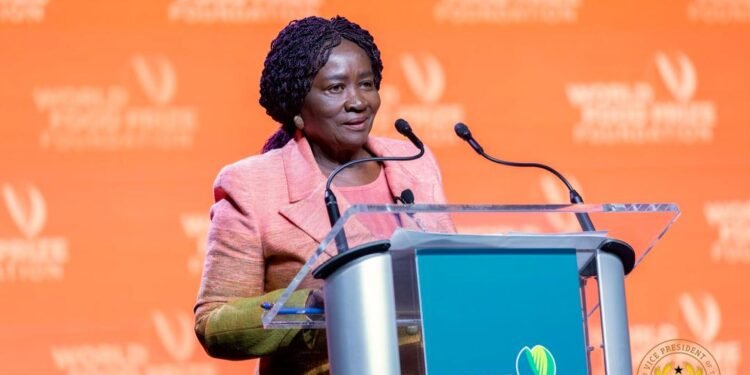Former UK Prime Minister Boris Johnson has asserted that Ukraine is just “days away” from finalizing a deal with the United States to relinquish control over its rare earth minerals.
The agreement, reportedly valued at around $500 billion (£400 billion), is seen as part of an effort to secure financial backing from the US while bolstering Ukraine’s independence amid its ongoing conflict with Russia.
Speaking from Kyiv on the third anniversary of Russia’s full-scale invasion, Johnson described the development as “very interesting” and emphasized his belief in Ukraine’s prospects as a “free sovereign and independent nation.”
However, Ukrainian President Volodymyr Zelensky has previously rejected the deal, expressing concerns over the long-term financial burden it could impose on future generations. “I will not sign something that 10 generations of Ukrainians will have to repay,” Zelensky stated, reinforcing his opposition to the proposed arrangement.
Johnson, known for his steadfast support of Ukraine since Russia’s 2022 invasion, also lauded the resilience of the Ukrainian people. He commended their efforts in resisting what he called a “vile act of unprovoked aggression.” However, without directly naming former US President Donald Trump, Johnson rejected narratives that misrepresent the origins of the war, referring to them as “bizarre untruths.” His comments came in response to Trump’s widely disputed claim that Zelensky initiated the conflict.
“I urge people to keep cool and look at the facts of the continuing US support for Ukraine, under Donald Trump, and I remain convinced that Ukraine will have a great future as a free sovereign and independent nation.”
Boris Johnson
Despite his longstanding advocacy for Ukraine, Johnson’s approach has drawn criticism for what some perceive as an overly diplomatic stance toward Trump. Liberal Democrat MP Caroline Voaden dismissed Johnson’s remarks, highlighting what she sees as contradictions in Trump’s position on Ukraine.
“Boris Johnson’s bizarre statement flies in the face of everything we’ve seen in the last seven days: how can he celebrate Trump’s continuing support for Ukraine less than a week after the president referred to his Ukrainian counterpart as a dictator?
“The past week has told us everything we need to know about Trump’s views on Ukraine. Denying that reality helps no one, especially not the Ukrainians. Now, more than ever, we must stand firmly in support of our Ukrainian friends, resist Trump’s alarming attempts at a stitch-up with Putin, and work with our European neighbors to defend freedom and democracy.”
Caroline Voaden
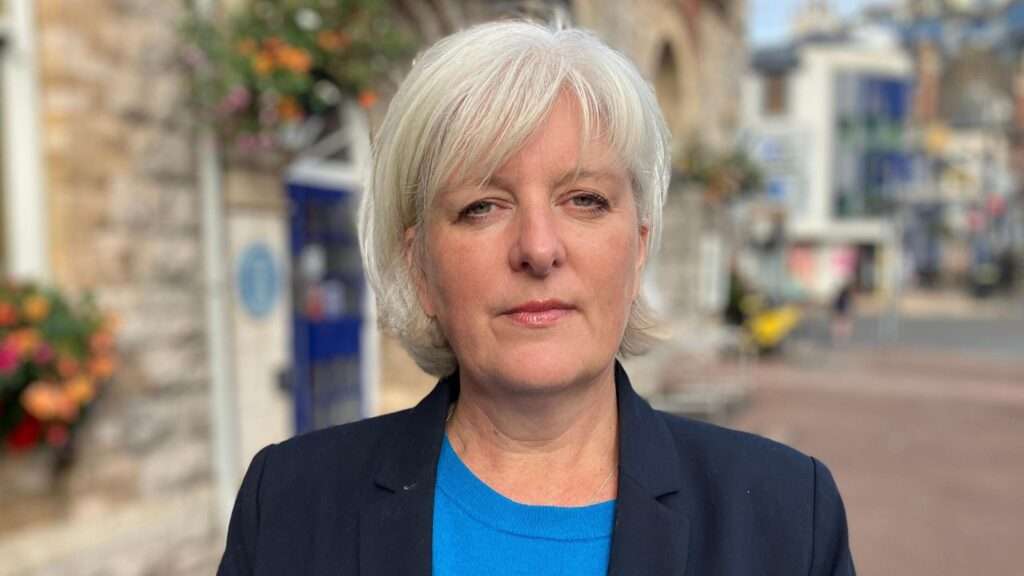
Mixed Reactions to Johnson’s Kyiv Visit
Johnson’s visit to Ukraine has sparked debate within the UK’s political landscape. While Prime Minister Keir Starmer’s office did not express disapproval, Downing Street clarified that it was not officially involved in Johnson’s engagements during the trip.
However, when asked whether Johnson had received Foreign Office support or was “freelancing,” No. 10 stated it had no details on his itinerary.
Meanwhile, Labour MP David Taylor, who recently returned from a visit to Ukraine, criticized Johnson’s optimism regarding the country’s future without substantial military aid.
“The cold hard truth is without a major ramping up of military and tech support from the US, Europe, and the UK, Kyiv will fall.”
“I remain convinced that Putin will not stop at Ukraine; we will be next. The tyrant Putin will use ceasefire discussions to stall so he can regroup. We are at a tipping point; the Western world must step up for Ukraine now.”
David Taylor
Johnson’s remarks come amid growing concern over Trump’s shifting stance on Ukraine, particularly following his recent claims regarding Zelensky. Despite the controversy, Johnson has defended Trump’s statements, arguing that the former US president is merely seeking to “shock European nations into action.”
Whether Ukraine’s mineral deal with the US proceeds as Johnson predicts remains uncertain, but its potential implications could shape the future of the war and Ukraine’s long-term sovereignty.



